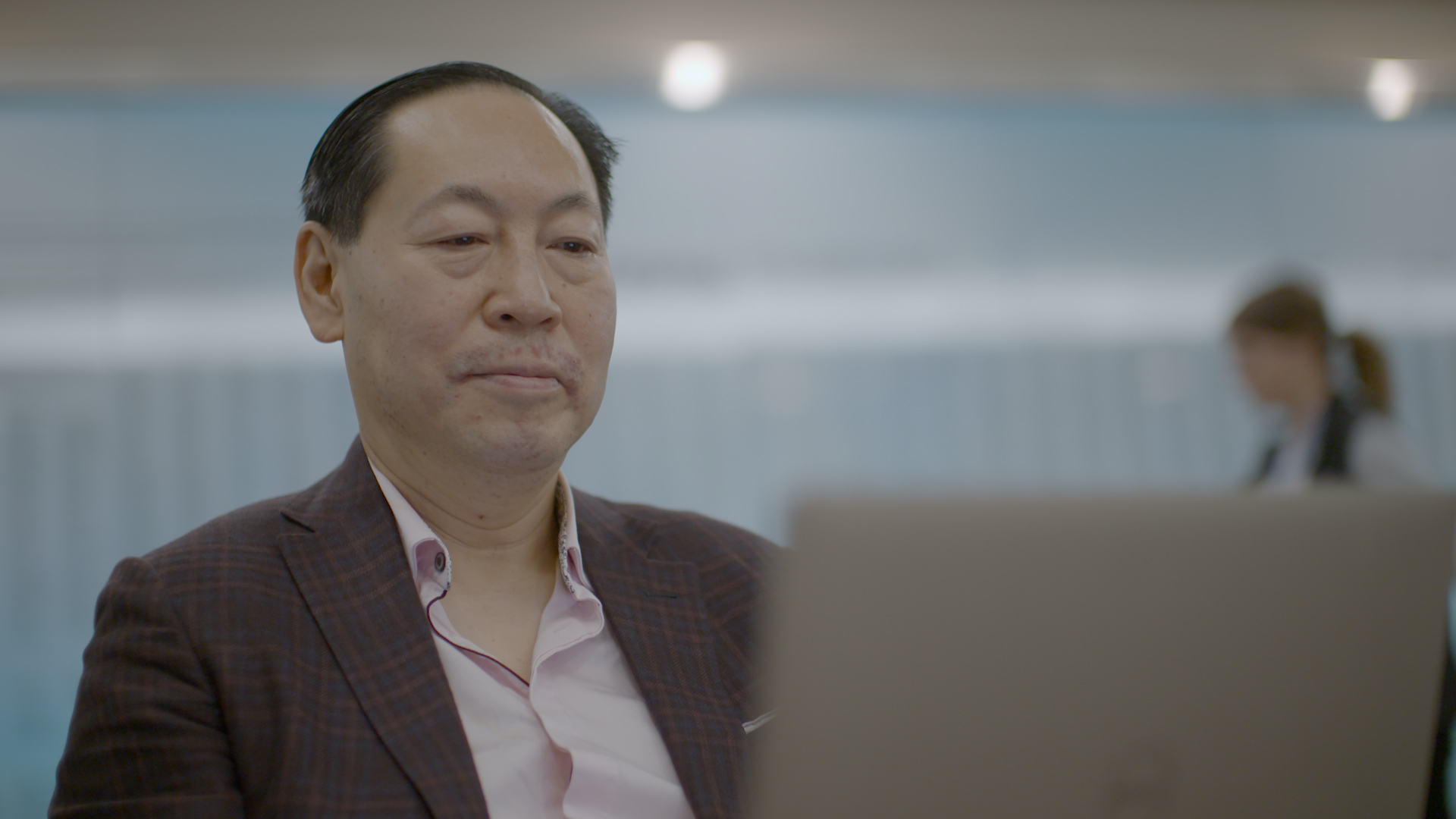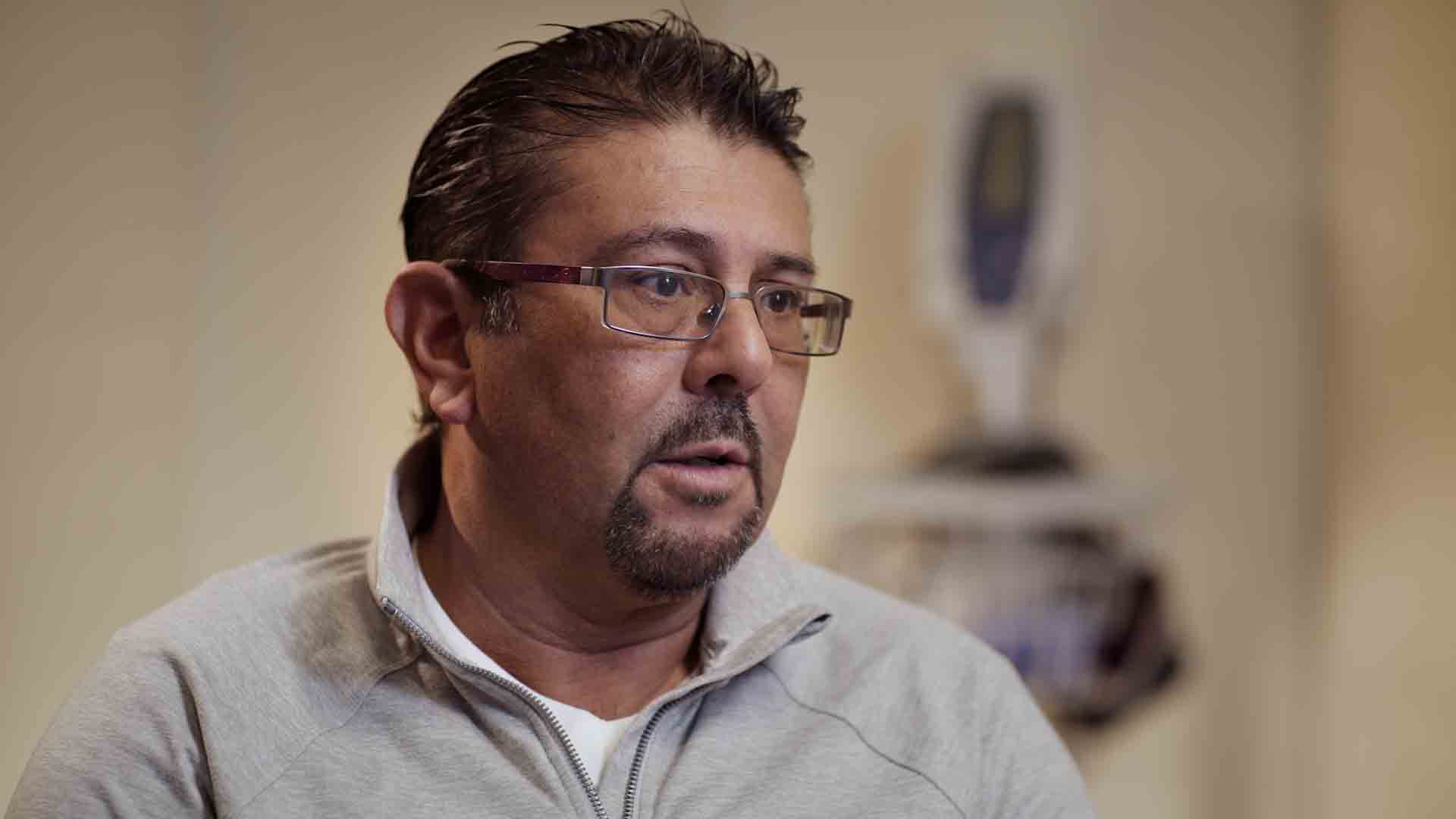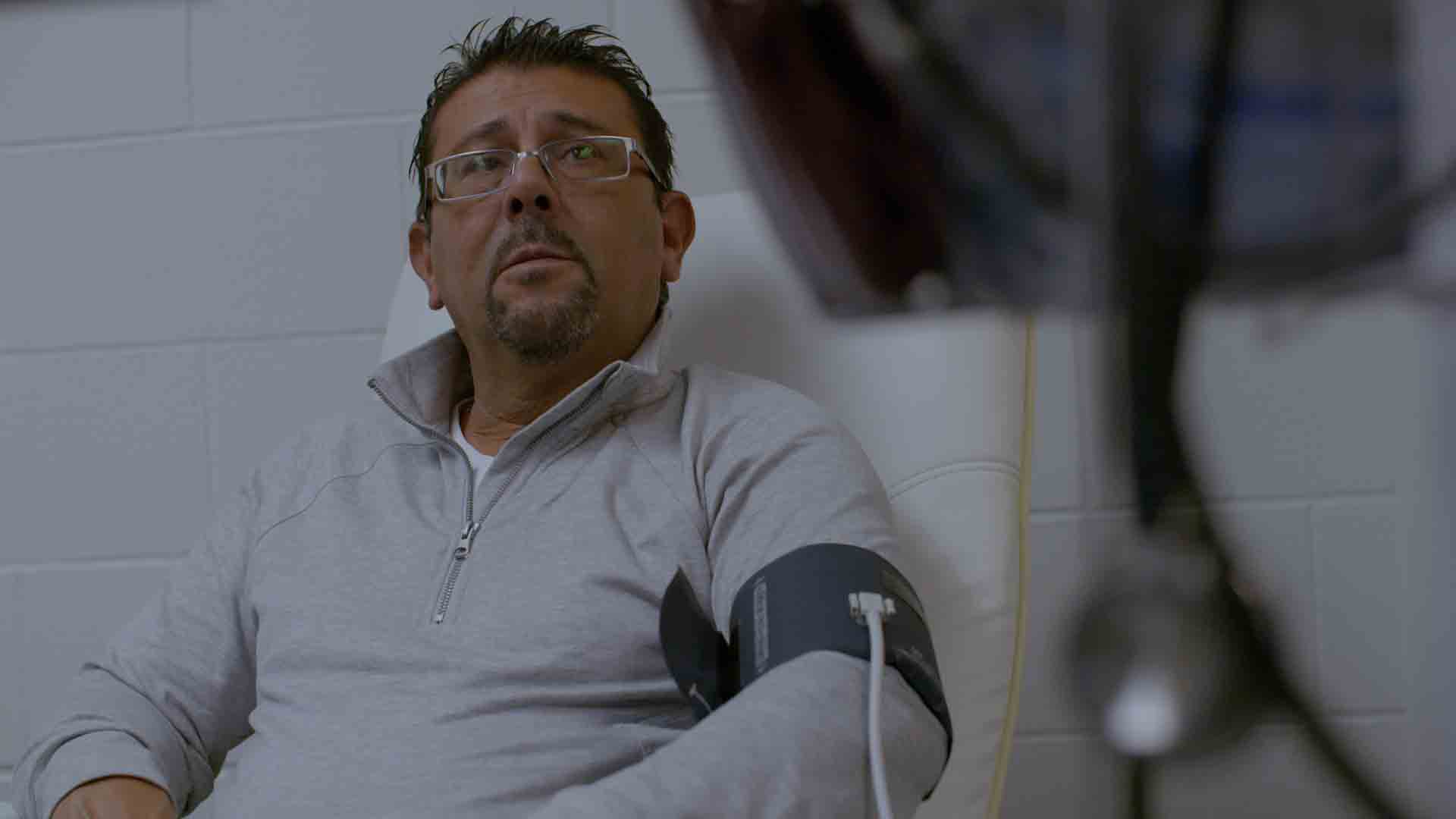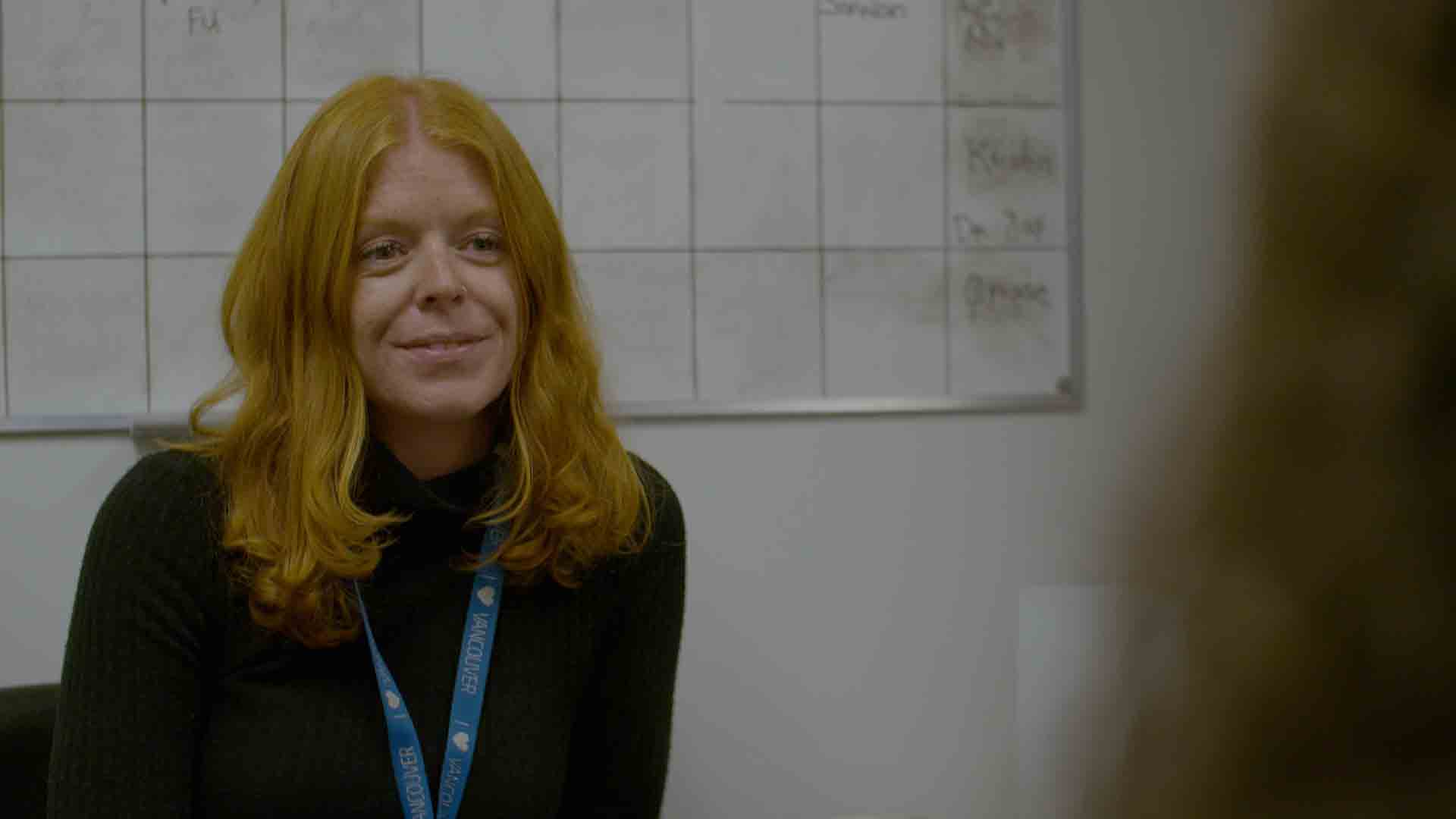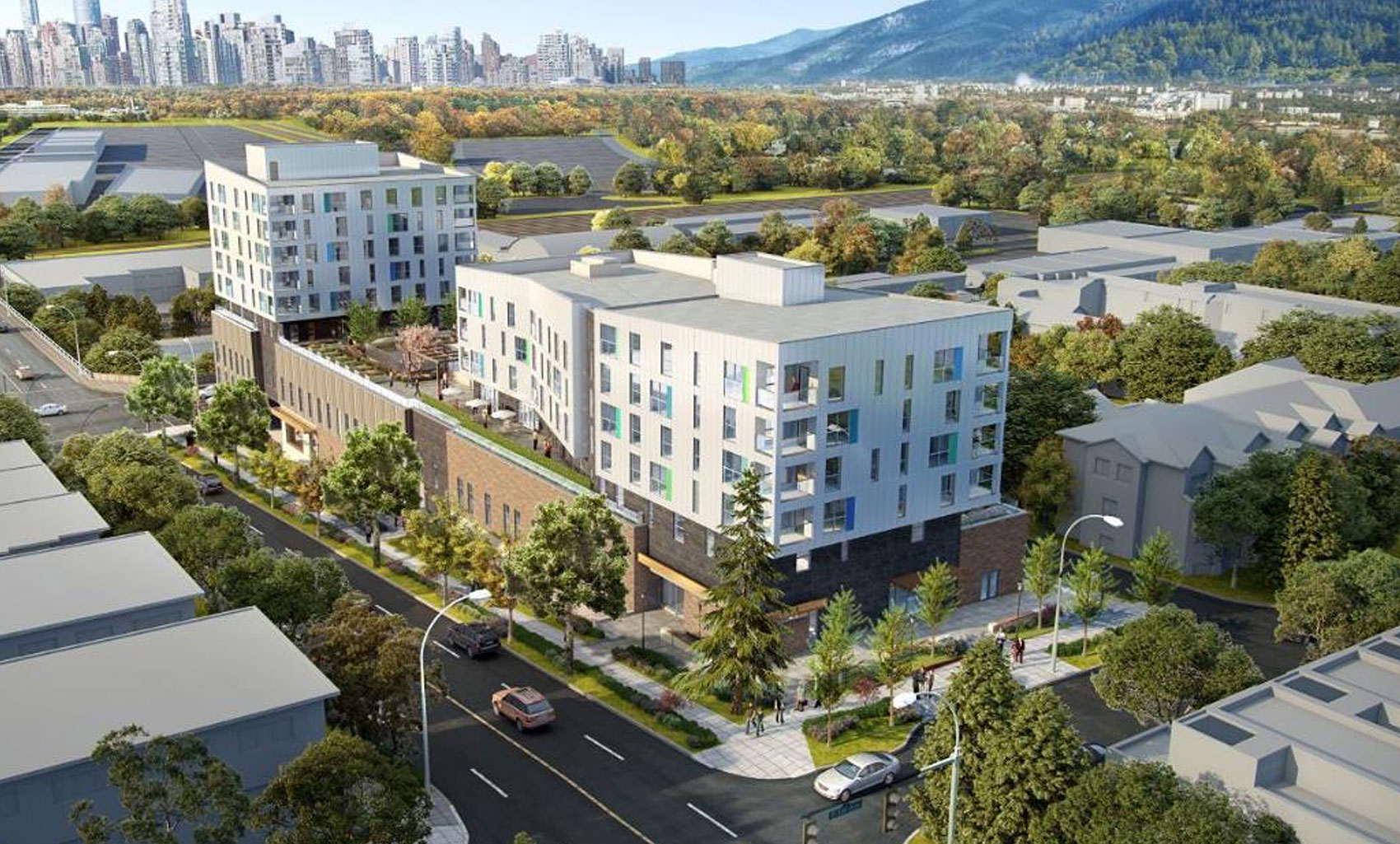Individualized care
Currently, resources for substance use are available yet scattered and difficult to navigate for an already vulnerable population.
The WMC will aggregate many of these resources currently scattered across Metro Vancouver and put them under one roof. These resources will be more fulsome and interconnected, providing clients and their families with an improved treatment and support system.
“We’re trying to increase the number of recovered patients and improve the experience of clients entering the system,” says Dr. Joe. “In fact, part of the design process involved engagement with a number of client and peer-based groups, including Indigenous consultation, to ensure it is culturally aware and responsive to the diverse needs of people who enter the system.”
The goal is to have the centre be as approachable and comprehensive in its care as possible to ensure no one falls through the cracks.
